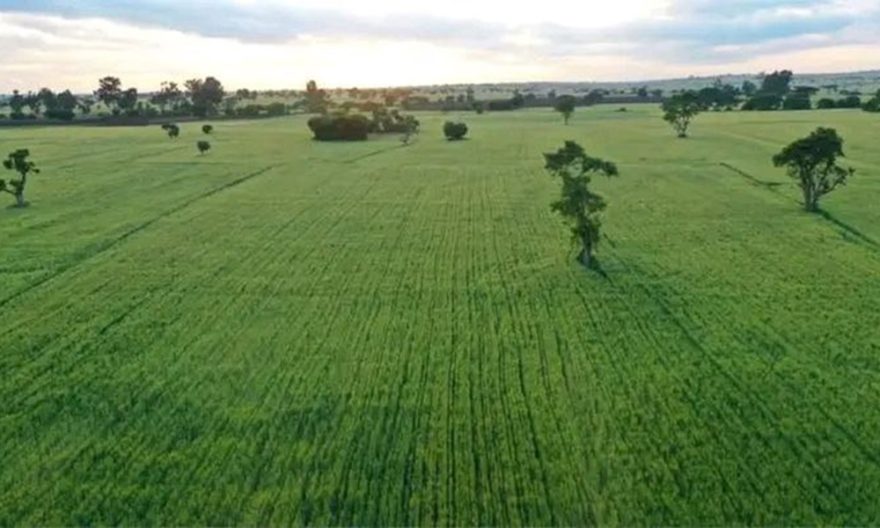
Ethiopia’s rural development policies, which have undergone decades of reforms, have struggled to modernize the agricultural sector and address production inefficiencies. While efforts like equitable land distribution, particularly through the land tenure policy, were designed to promote fairness, they have inadvertently hindered mechanization and commercialization.
This criticism has led to a significant policy shift, prompting the current government to reform land administration as part of a broader update to the rural development framework.
A few months after its adoption, the policy was tabled for further discussion. The most recent expression of optimism came during the annual conference of the Agricultural Economics Society of Ethiopia.
The new policy, which focuses on improving farmers’ access to financial resources, is expected to empower smallholder farmers to invest in modern agricultural inputs and technologies.
In an exclusive interview with the Ethiopian Press Agency (EPA), Senior Advisor at the Ministry of Agriculture GetachewDiriba (PhD) described previous reforms as relatively fair in terms of land distribution. However, he noted that these reforms failed to lift farmers out of poverty due to their inability to modernize farming practices.
Ethiopia is losing up to 20 percent of its agricultural production due to post-harvest losses, primarily caused by outdated harvesting technologies. For decades, traditional farming systems and fragmented land holdings have undermined the country’s agricultural potential. Agriculture, which accounts for 70% of employment and the largest share of GDP, has been severely impacted, according to experts.
Inadequate policies have prevented farmers from using land as collateral for credit or implementing consolidation schemes for more efficient farming. This has left farmers reliant on outdated methods, such as ox-drawn ploughs, limiting productivity.
However, Getachew believes recent policies are key to maximizing production through mechanization, which helps minimize post-harvest losses. “Farmers can now access better financing, enabling them to invest in agricultural inputs and technologies, thereby improving resource utilization,” he said.
Recent innovations, such as cluster farming, have demonstrated the potential of mechanization. According to the Ministry of Agriculture, wheat farmers in Arsi Zone have doubled their production by using modern machinery and inputs under the clustered farming system.
Agricultural economist Prof. WoyesaGaredew expressed that Ethiopia’s agricultural progress and prospects still depend heavily on smallholder farming. “The commercialization and mechanization of smallholder farming are key to transitioning from subsistence agriculture. The government has incorporated this into its reform agendas,” he emphasized.
Woyesa believes that if the government’s reforms are fully implemented, farmers will be empowered to engage in specialized production, which could, in turn, help commercialize the sector. He also proposed the liberalization of rural land to encourage agricultural investment and mechanization by the private sector.
Supporting this recommendation, Agricultural Transformation Agency (ATA) Deputy Director General FrewTegegn(PhD) stressed the urgent need for modernized land administration and professional expertise to support the transformation agenda. “A reformed policy must be backed by educated farmers and sector experts,” he said, emphasizing the importance of addressing fragmentation and professional gaps.
The Agriculture Economics Society of EthiopiaPresidentEndeshawHabtie (PhD) acknowledged that land policies over the past 50 years have shaped Ethiopia’s socio-economic landscape but have hindered the shift toward a commercialized and mechanized agricultural framework.
While food security remains a priority, he noted that competing demands for land-such as for infrastructure, manufacturing, and ecosystem services-pose new challenges. “Implementing the new rural land development policy requires modern land administration, which is crucial to transforming the food system,” he said, calling for a balanced approach to resource management.
BY YESUF ENDRIS
The Ethiopian Herald December 1/2024





